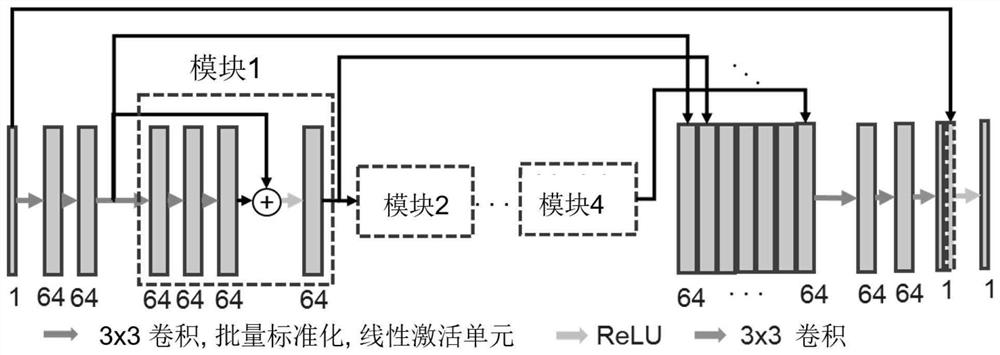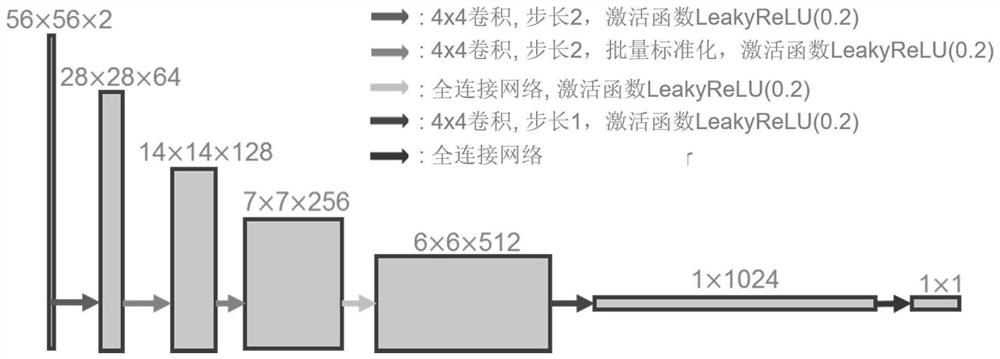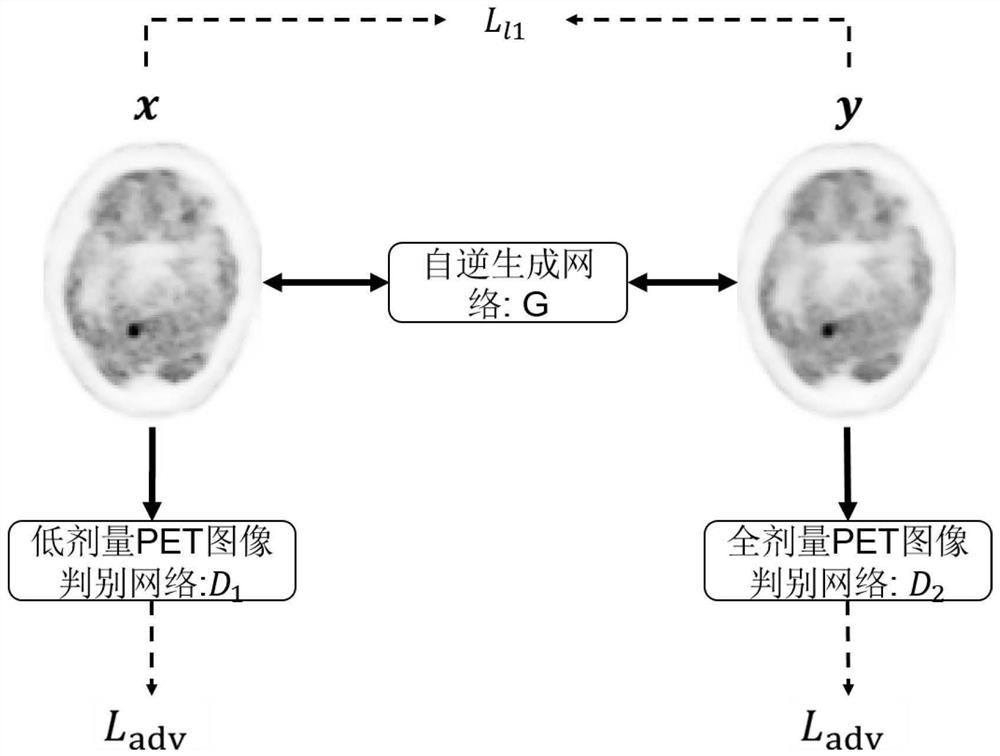Low-dose full-body pet image enhancement method based on self-inverse convolution generative adversarial network
An image enhancement, low-dose technology, applied in image enhancement, biological neural network model, image analysis, etc., can solve problems such as image contrast reduction, image noise increase, affecting doctor's diagnosis, etc., to maintain image contrast and improve robustness , the effect of preserving image details and contrast
- Summary
- Abstract
- Description
- Claims
- Application Information
AI Technical Summary
Problems solved by technology
Method used
Image
Examples
Embodiment Construction
[0043] refer to Figure 1 to Figure 9 The specific implementation of the low-dose whole-body PET image enhancement method based on the self-deconvolution generative adversarial network of the present invention will be further described.
[0044] The low-dose whole-body PET image enhancement method based on self-deconvolution generative adversarial network uses the collected low-dose PET images and full-dose PET images to train the model, tests the model with the low-dose PET images and the training results, and saves the test results to obtain Low-dose PET image enhancement results.
[0045] like Figure 5 As shown, the above training process is:
[0046] (1) Collect low-dose and full-dose PET images;
[0047] (2) Divide the low-dose and full-dose PET image datasets into training, validation, and test sets;
[0048] (3) Normalize the low-dose and full-dose PET images between 0 and 1 in the training and validation sets;
[0049] (4) In the training set and the validation s...
PUM
 Login to View More
Login to View More Abstract
Description
Claims
Application Information
 Login to View More
Login to View More - R&D
- Intellectual Property
- Life Sciences
- Materials
- Tech Scout
- Unparalleled Data Quality
- Higher Quality Content
- 60% Fewer Hallucinations
Browse by: Latest US Patents, China's latest patents, Technical Efficacy Thesaurus, Application Domain, Technology Topic, Popular Technical Reports.
© 2025 PatSnap. All rights reserved.Legal|Privacy policy|Modern Slavery Act Transparency Statement|Sitemap|About US| Contact US: help@patsnap.com



